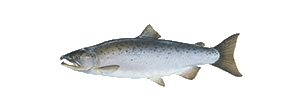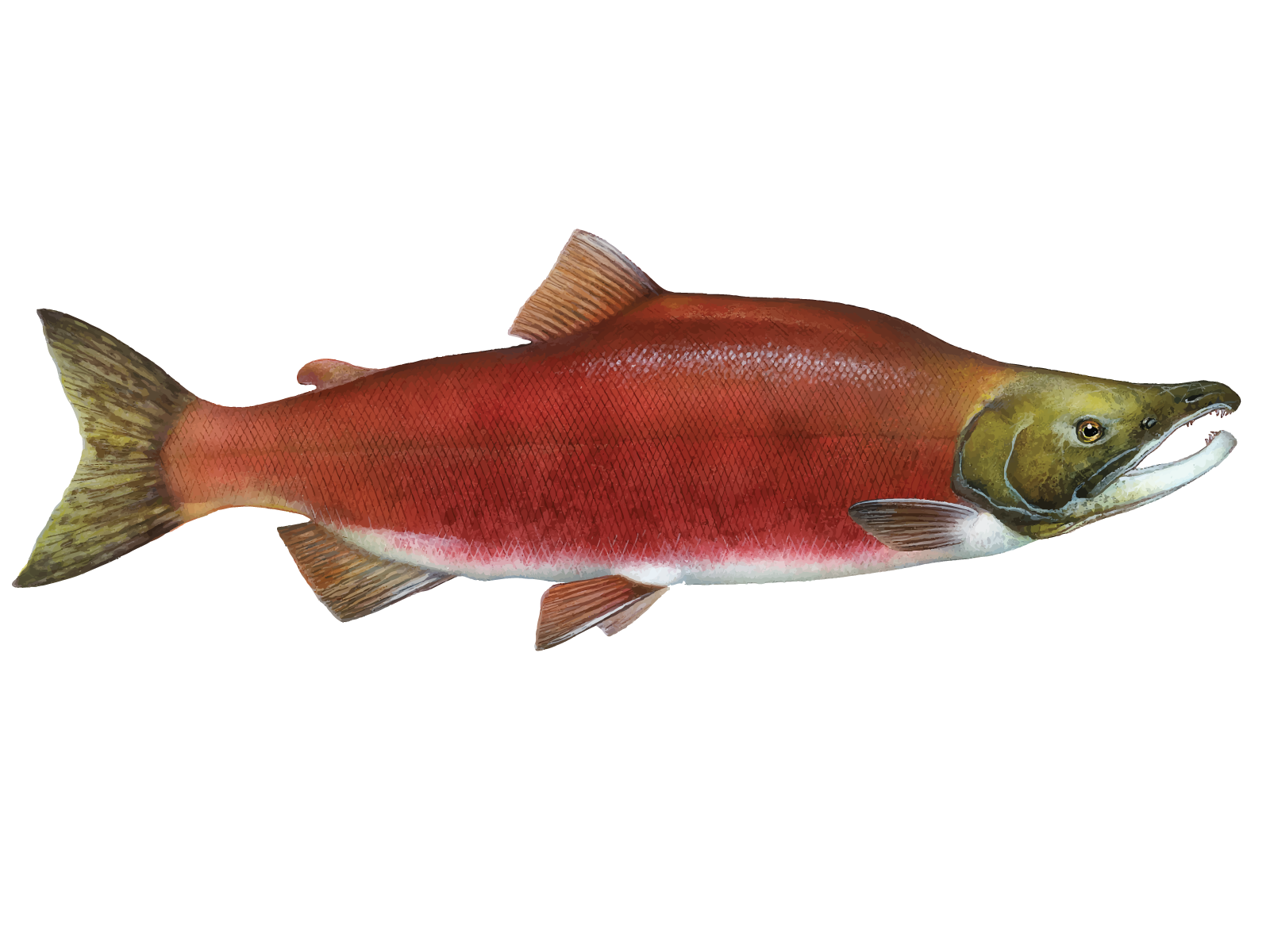/users/ecc07540-ec63-4348-98ef-f8b717ceb01b/ratecard/2.png)
%2F300x300%2Fusers%2Fecc07540-ec63-4348-98ef-f8b717ceb01b%2Fratecard%2F2.png&w=256&q=75)
%2F300x300%2Fusers%2Fecc07540-ec63-4348-98ef-f8b717ceb01b%2Fimages%2Fbest-great-fishing-bc-location-2420.png&w=256&q=75)
%2F300x300%2Fusers%2Fecc07540-ec63-4348-98ef-f8b717ceb01b%2Fimages%2Ffishing-adventure-bc-2186.png&w=256&q=75)
%2F300x300%2Fusers%2Fecc07540-ec63-4348-98ef-f8b717ceb01b%2Fimages%2F5-big-fish-bc-fishing-2489.png&w=256&q=75)
%2F300x300%2Fusers%2Fecc07540-ec63-4348-98ef-f8b717ceb01b%2Fimages%2Fscenic-fishing-trip-vancouver-island-2282.png&w=256&q=75)
%2F300x300%2Fusers%2Fecc07540-ec63-4348-98ef-f8b717ceb01b%2Fimages%2Fsolitary-angler-scenic-bc-2402.png&w=256&q=75)
%2F300x300%2Fusers%2Fecc07540-ec63-4348-98ef-f8b717ceb01b%2Fimages%2Fpeaceful-fishing-in-bc-2239.png&w=256&q=75)
World-Class Salmon Fishing in Port Renfrew
What you will be catching:
 Chinook Salmon
Chinook Salmon Coho Salmon
Coho Salmon Sockeye Salmon
Sockeye Salmon
- Three-day guided salmon and halibut fishing adventure in Port Renfrew
- All-inclusive package with lodging, meals, licenses, and airport transportation
- Expert guides provide eight hours daily of prime fishing opportunities
Trip Pricing and Availabilities:
Trip pricing information is temporarily unavailable.
3-Day Salmon Bonanza in Port Renfrew
Get ready for the fishing trip of a lifetime in Port Renfrew, the salmon capital of Vancouver Island. Tyee Tom's Fishing Charters is serving up a 3-day guided adventure that'll have you reeling in Chinook, Coho, and halibut like a pro. With 8 solid hours on the water each day, comfy lodging, and meals that'll make your taste buds dance, this is the full package deal for anglers looking to score big.
What's the Deal?
Picture this: You're out on the open water, surrounded by the rugged beauty of Vancouver Island's west coast. For three full days, you'll be casting lines and hauling in monster salmon and halibut. But it's not just about the fishing - we've got you covered with 4 nights of cozy lodging right near the dock. No need to rough it here, folks. Chef Ian's whipping up meals that'll have you wondering if you came for the fish or the food. And don't worry about the little things - we've got your licenses, fish processing, and even coolers to get your catch home safely. Heck, we'll even pick you up from YYJ Airport or anywhere else on the island. It's fishing made easy, just the way we like it.
Rods, Reels, and Tactics
Alright, let's talk shop. We're not messing around with ultralight tackle here - we're going after the big boys. We'll be using heavy-duty rods and reels, spooled with line that could tow a truck. Downriggers are our best friends out here, getting our bait down where the lunkers are lurking. We'll be trolling mostly, covering ground and enticing those Chinook and Coho with flashers and hoochies that'll make 'em go wild. For halibut, we'll switch gears and drop some serious weight to the bottom. It's a workout, but trust me, when you feel that thump, you'll forget all about your sore arms.
Species You'll Want to Hook
Chinook Salmon: These bad boys are the kings of the Pacific, and for good reason. We're talking fish that can top 50 pounds - real arm-breakers. They're crafty fighters, known for their deep runs and sudden direction changes. Spring and early summer are prime time for the big ones, but we get nice fish all season. There's nothing quite like the rush of a Chinook peeling line off your reel.
Coho Salmon: Don't let their smaller size fool you - Cohos are the acrobats of the salmon world. These silver missiles will tail-walk across the water and give you a show you won't forget. They start showing up in summer and stick around into fall. Pound for pound, they're some of the hardest fighting fish you'll ever tangle with.
Sockeye Salmon: These are the unsung heroes of the salmon family. They might not be the biggest, but what they lack in size, they make up for in flavor. Sockeye have that deep red flesh that salmon lovers crave. They run in huge numbers, usually peaking in mid-summer. When we hit a school of sockeye, it's non-stop action that'll leave your arms aching and your fish box full.
Why Anglers Keep Coming Back
Let me tell you, once you've fished Port Renfrew, everywhere else just doesn't cut it. It's not just the size of the fish - though that doesn't hurt. It's the whole package. You're fishing waters that feel untouched, with scenery that'll make your jaw drop. One minute you're watching a bald eagle swoop down for its breakfast, the next you're trying to keep your rod from getting yanked out of your hands. And the best part? You're doing it all with a crew that lives and breathes this stuff. We're not just guides, we're locals who know every nook and cranny of these waters. We'll put you on fish, sure, but we'll also share stories, show you hidden gems, and make sure you leave with memories that'll last a lifetime.
Time to Get Your Fish On
Look, I could go on all day about how amazing this trip is, but at some point, you've just got to experience it for yourself. Whether you're a seasoned angler looking for your next trophy or a newbie wanting to see what all the fuss is about, this 3-day adventure has your name on it. We've got the spots, we've got the gear, and we've got the know-how to make this the best dang fishing trip you've ever taken. So what are you waiting for? Grab your spot now before they're all gone. Trust me, the only thing you'll regret is not booking sooner. Let's go fishing!
Learn more about the species
Chinook Salmon
Chinook, or King Salmon, are the biggest salmon species we target here in Port Renfrew. These bruisers can top 30 pounds, with bright silver sides and a blue-green back. They're known for their powerful fights and rich, orange-red meat. We typically find them in deeper water, often near structure or current seams. Late summer into fall is prime time, when they're staging to run upriver. Chinook are prized for both their size and flavor – landing one is always a highlight. If you're after a trophy, this is your fish. My tip? When trolling, vary your depths until you find the right zone. These kings can be picky, so don't be afraid to switch up your presentation if they're not biting.

Coho Salmon
Coho, or Silver Salmon, are the acrobats of the salmon world. Smaller than Chinook but full of fight, they usually run 8-12 pounds. You'll spot them by their silver sides and small black spots on the back and upper tail. Cohos love to jump, making for an exciting catch. We find them in calmer areas, often near debris or in estuaries. They're most active in late summer and fall as they prepare to run. Anglers love Cohos for their aerial displays and tasty, bright orange meat. These fish respond well to movement, so try twitching a jig or swinging a bright fly. My local trick? On sunny days, go with chartreuse or pink lures – they really seem to get Cohos fired up.

Sockeye Salmon
Sockeye Salmon, also called Red Salmon, are the smallest Pacific salmon we target, but what they lack in size, they make up for in flavor. Typically 4-15 pounds, they're easily spotted by their bright red bodies and green heads when spawning. We find them in the cooler, deeper parts of the river, often near the bottom. May through September is prime time, with the best action usually in July and August. Anglers love Sockeye for their firm, richly flavored meat – it's considered top-tier in the culinary world. They can be tricky to hook, as they're not aggressive feeders in freshwater. My tip? Use smaller flies or lures, and focus on presenting them right at the fish's eye level. Patience and precise presentation are key with these tasty reds.

About the Big Deck Energy
%2F%2Fusers%2Fecc07540-ec63-4348-98ef-f8b717ceb01b%2Fvehicle_picture%2Fimage-2025-04-25t151441.708.png&w=1200&q=75)
Vehicle Guest Capacity: 6
Manufacturer Name: Mercury 2015
Maximum Cruising Speed: 30
Number of Engines: 2
Horsepower per Engine: 250
%2Ffit-in%2F250x250%2Fguide_websites%2F30662%2Fimages%2F1745569072421image-2025-04-25t152743.906.png&w=1200&q=100)
